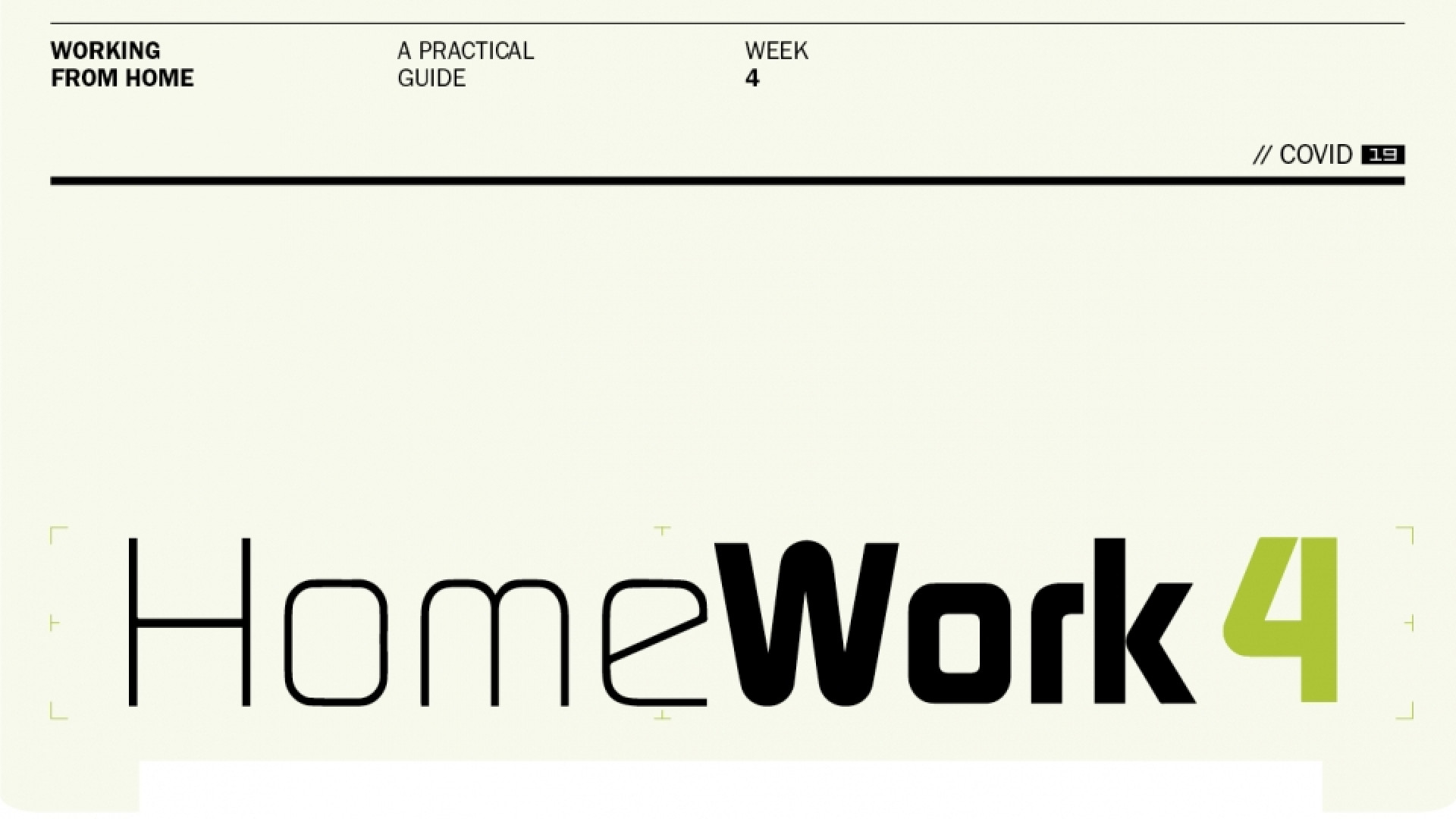As we move into the tail end of the 4-week Covid-19 lockdown, with many promising signs, we start to think about what happens next and how we’ll adapt to it.
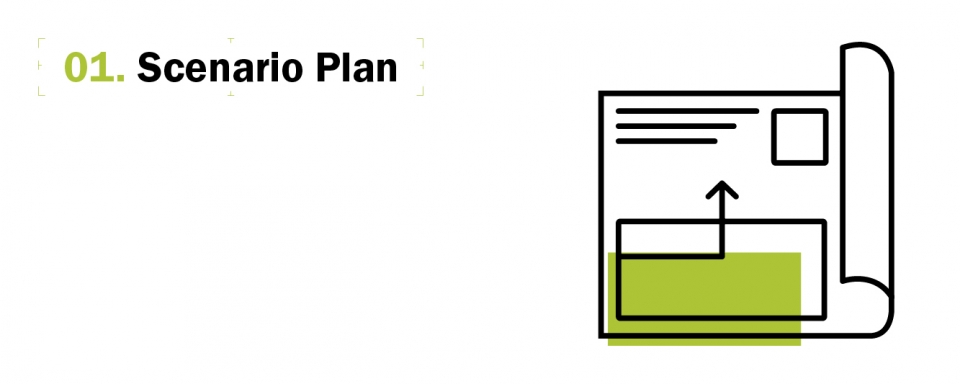 The four alert levels help us with our planning. We know what an extended Level 4 looks like but what would you need to do to stay in lockdown for longer? What if we went back to Level 3, or Level 2? What would change and how would you cope? This could see you, or some of your family, back at work or at school but maybe not everyone. How would you manage this? Use the Alert Levels to work through the likely scenarios. Make a plan of how you’ll approach each of them. This process will help you feel more in control and be prepared when the Government announces what’s next.
The four alert levels help us with our planning. We know what an extended Level 4 looks like but what would you need to do to stay in lockdown for longer? What if we went back to Level 3, or Level 2? What would change and how would you cope? This could see you, or some of your family, back at work or at school but maybe not everyone. How would you manage this? Use the Alert Levels to work through the likely scenarios. Make a plan of how you’ll approach each of them. This process will help you feel more in control and be prepared when the Government announces what’s next.

While we have some hope that the end is in sight, it’s important to remember that many people are still feeling stressed. Now isn’t the time to stop communicating. In fact, it’s the time to step it up. Stay in touch regularly and keep offering all the support you can. And that applies to you as well. If you’re feeling the stress of isolation and the impact of the wider crisis, keep reaching out to friends, family and for professional support.
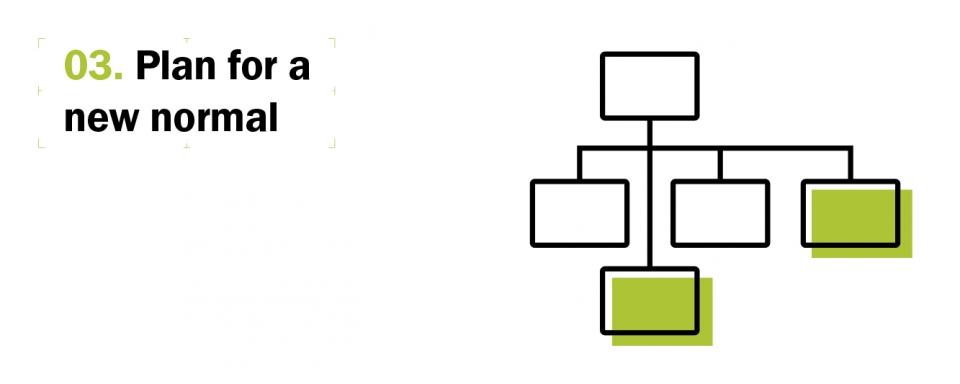 Lockdown hasn’t been all bad, has it? We’ve learned to work from home more effectively and to connect with each other in new ways. There’s is no reason to not keep going with some of our new practices. Make a plan for what the ‘new normal’ could look like. For example, keep having regular virtual catchups (and drinks) with colleagues and friends. Keep buying groceries online. Zoom your customers rather than flying or driving to see them. Work from home more regularly.
Lockdown hasn’t been all bad, has it? We’ve learned to work from home more effectively and to connect with each other in new ways. There’s is no reason to not keep going with some of our new practices. Make a plan for what the ‘new normal’ could look like. For example, keep having regular virtual catchups (and drinks) with colleagues and friends. Keep buying groceries online. Zoom your customers rather than flying or driving to see them. Work from home more regularly.
 It’s only natural to worry about what happens next. You’ll have many questions and concerns. Will it be safe to go back to the office, to the supermarket, the mall or to get back on public transport? Don’t let the volume of your fears consume you. Write them down and talk to your family and friends about them. As the Government announces what’s next and how we’ll get there, tick your concerns off. Then only deal with the one or two you don’t have satisfactory answers for. Make a plan for them.
It’s only natural to worry about what happens next. You’ll have many questions and concerns. Will it be safe to go back to the office, to the supermarket, the mall or to get back on public transport? Don’t let the volume of your fears consume you. Write them down and talk to your family and friends about them. As the Government announces what’s next and how we’ll get there, tick your concerns off. Then only deal with the one or two you don’t have satisfactory answers for. Make a plan for them.
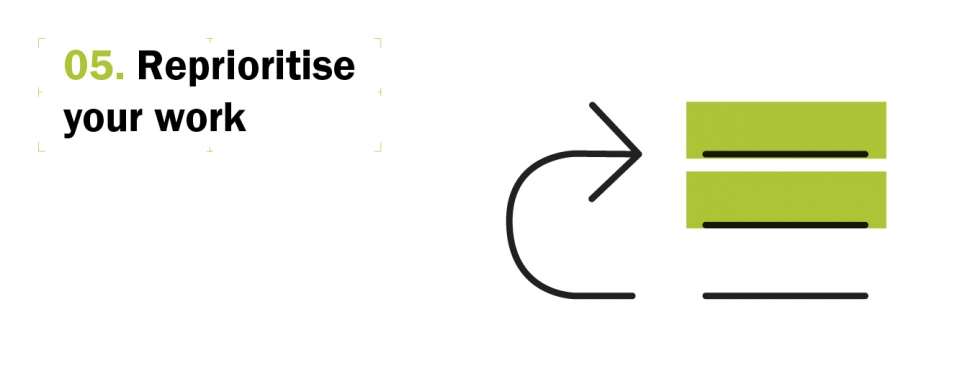 This crisis has impacted businesses in different ways and will create uncertain times ahead for many. For some, the focus will shift from long-term growth to short-term survival mode. Think about your work and how priorities may change. Most businesses will be focused on getting their revenue back up as soon as possible, reducing unnecessary expenses and ensuring they have cashflow to keep paying their rent, their staff and their suppliers.
This crisis has impacted businesses in different ways and will create uncertain times ahead for many. For some, the focus will shift from long-term growth to short-term survival mode. Think about your work and how priorities may change. Most businesses will be focused on getting their revenue back up as soon as possible, reducing unnecessary expenses and ensuring they have cashflow to keep paying their rent, their staff and their suppliers.
How can you think differently about what you do, and how you do it, to help your employer and your own job security?
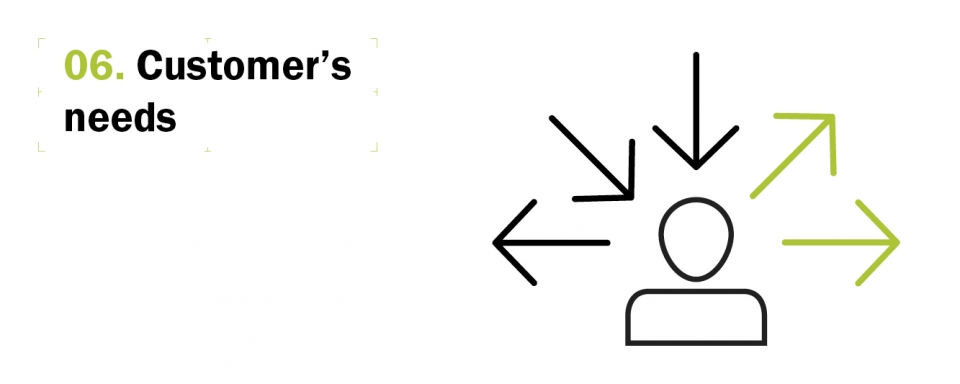 While you’re thinking about your work and how priorities will change, think about your customers as well. What is likely to be different for them going forward? How can you help them recover faster? If need be, just ask them – they’ll thank you for thinking of them. Supporting their success will help your business succeed and this will help you get through as well.
While you’re thinking about your work and how priorities will change, think about your customers as well. What is likely to be different for them going forward? How can you help them recover faster? If need be, just ask them – they’ll thank you for thinking of them. Supporting their success will help your business succeed and this will help you get through as well.
 One of the positives to come out of the Covid-19 crisis is the way we’ve united and supported each other. Many of your friends, families and colleagues will be facing the same uncertainties as you about this next phase. Some will be worse-off, looking to re-establish their business, their health, their employment and their finances. How can you help? It could be as simple as giving them advice and contacts, assisting with jobs around the house, carpooling to reduce the need to use public transport or taking the kids for a bit so they can focus on rebuilding their business or finding work. Start by asking them how you can help.
One of the positives to come out of the Covid-19 crisis is the way we’ve united and supported each other. Many of your friends, families and colleagues will be facing the same uncertainties as you about this next phase. Some will be worse-off, looking to re-establish their business, their health, their employment and their finances. How can you help? It could be as simple as giving them advice and contacts, assisting with jobs around the house, carpooling to reduce the need to use public transport or taking the kids for a bit so they can focus on rebuilding their business or finding work. Start by asking them how you can help.
This time will pass and it will be over before you know it. The key thing is to look after yourself and your family and to stay connected with your friends and colleagues.

